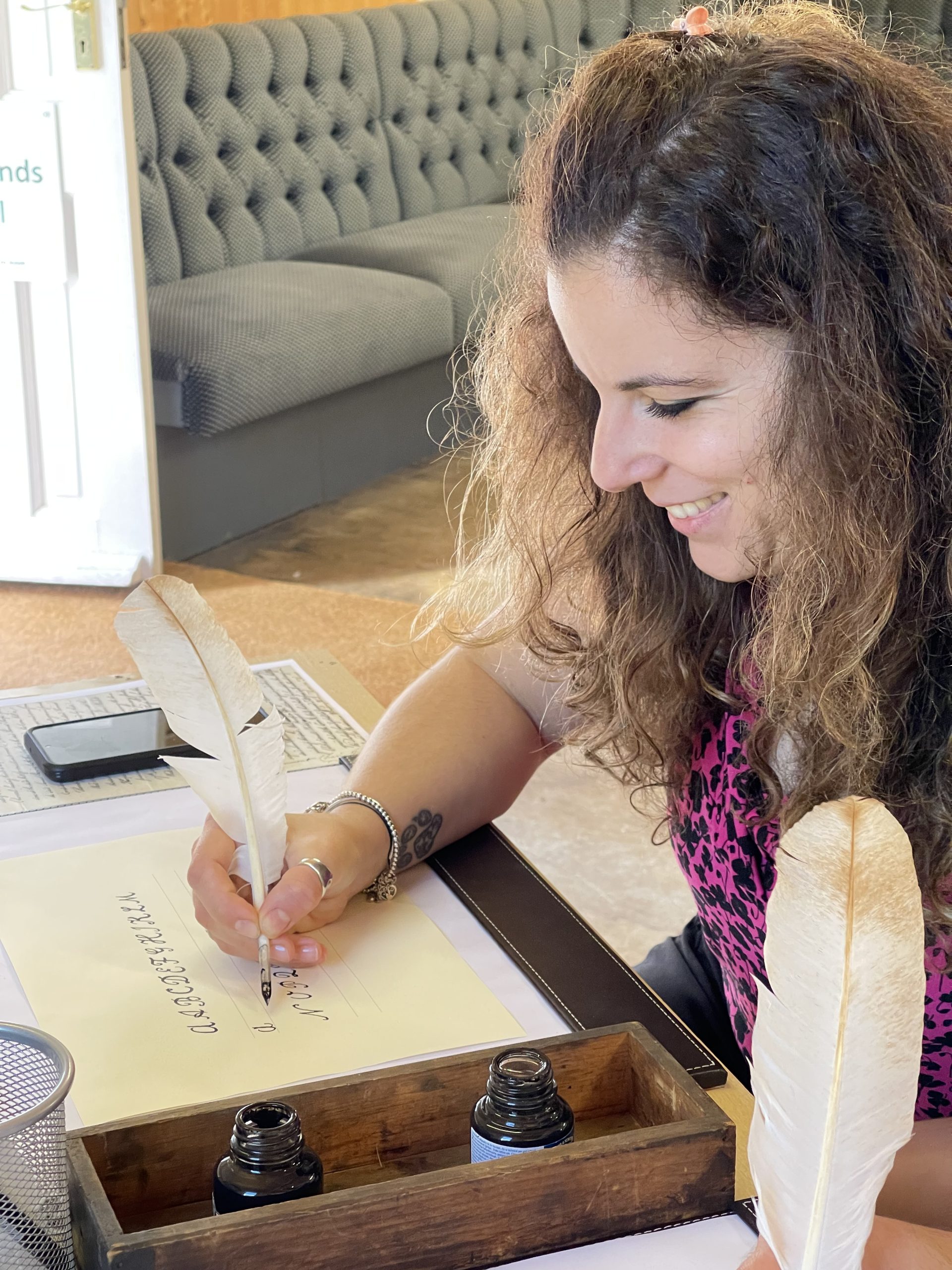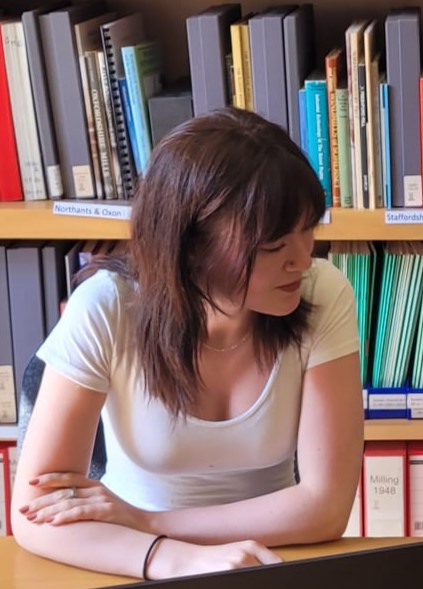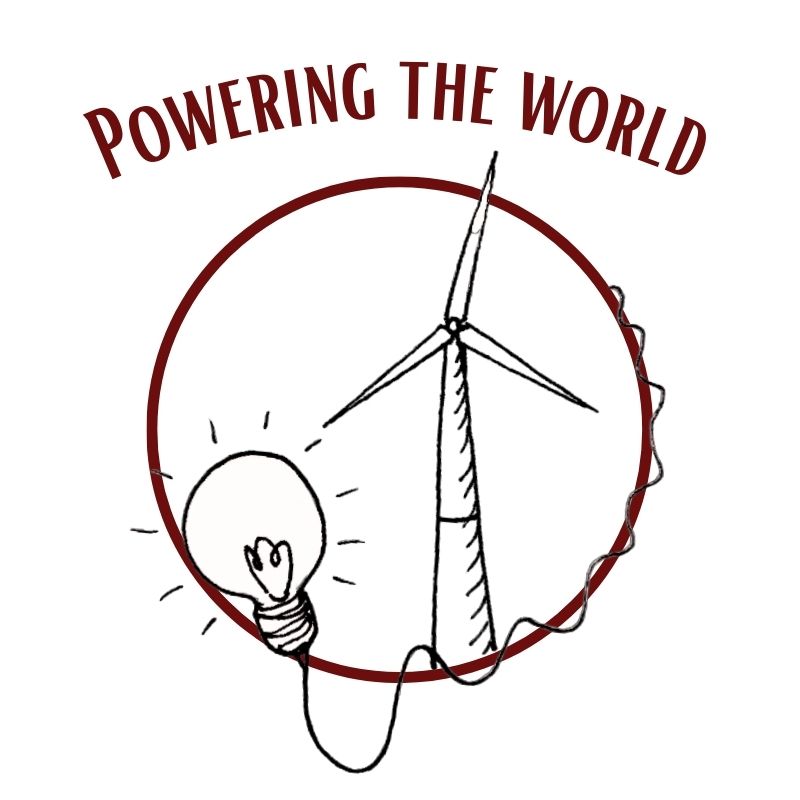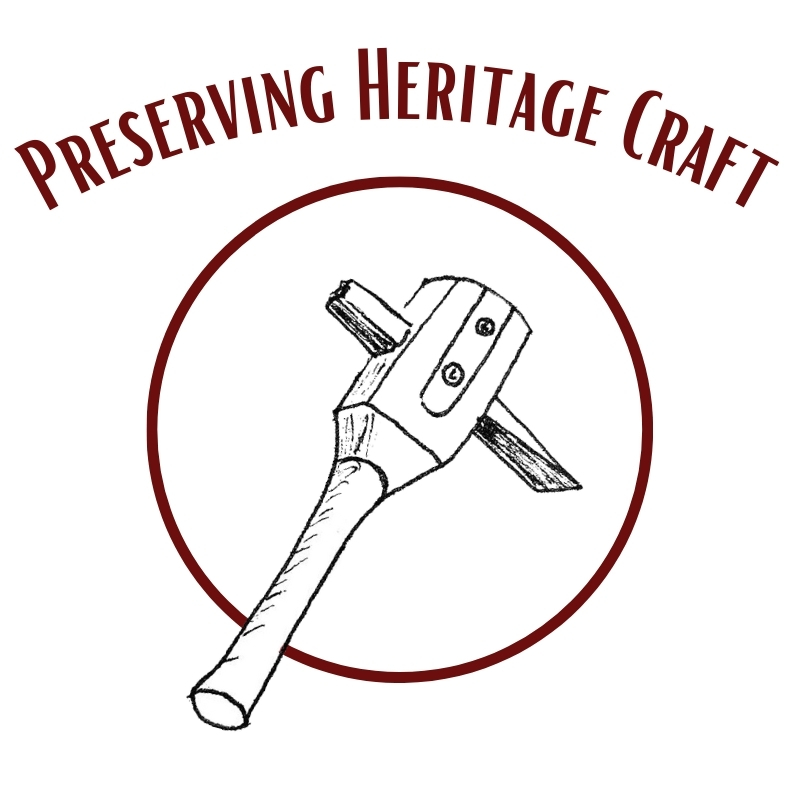History in context - thinking 'outside the textbook'...
As an educational charity, we are working on delivering education and increasing participation within the community and beyond. We have facilitated school workshops, appeared at community events, hosted exhibitions, and partnered with Reading University to facilitate research internships. Our primary goal is to increase equal access to education, with a particular focus on highlighting the importance of history education in imagining and building a sustainable world. What we learn from the past (which can either provide hope or a learning opportunity) can inform a wiser future.
As a discipline, history is often excluded from global conversations around climate change progress. Western perspectives tend to dominate with a ‘keep moving forwards’ mentality. However, in many parts of the world looking back can tell us a story of hope: indigenous communities have previously adapted to changes in climate, communities in South East Asia have historically used ancient renewable energy technologies to provide power, and these communities have preserved the environment whilst doing so. These are stories that must be elevated through this programme, whilst ensuring the impacts of colonialism are not forgotten.
We hope to place our records into the wider contexts they emerged from, forming an understanding of global milling history that is inclusive of all narratives. ‘From History to Hope’ focuses on conversations around climate change, food insecurity, and preserving craft; however, as our records touch on many socio-political issues of a global scale we are hyper-aware of our responsibility to be intersectional in our approach to discussing the three main strands of research. We further recognise the extra barriers faced by marginalised people and those who remain under-represented in the heritage sector in the UK.
Aim 1 – Conduct research into forgotten narratives, and to produce educational materials in order to inspire hope. The history of colonialism, slavery, and land theft cannot be forgotten in the wider narrative. We are partnering with various organisations to provide funding for art and research opportunities along these themes, with extra support available for marginalised people who wish to take part.
Explore the themes:
Hear from participants:






